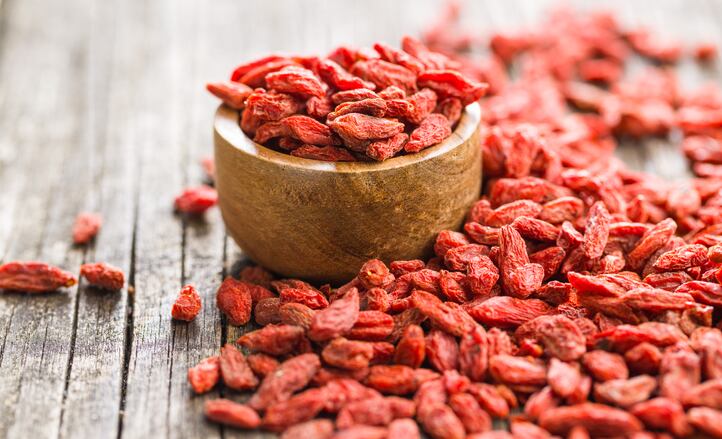Consumers more accepting of biocides in ‘environmentally friendly’ dairy drinks: China-NZ study
Consumers tend to be more accepting of biocide labelling on dairy beverages if the term ‘environmentally friendly’ is also used on the packaging, according to researchers in China and New Zealand.
The joint study was conducted to provide industry guidance in view of several countries having implemented mandatory biocide labelling regulations, with New Zealand expected to follow suit in future.
Biocides are used in food and beverage products as sanitisers and disinfectants to lower microbial contamination risk, and are used widely in the dairy industry to ensure safe production and minimise foodborne disease risk by inhibiting pathogenic micro-organisms present on product contact surfaces. Some examples of biocides are chlorine compounds, peratic acid, hydrogen peroxide, and acid anionic and quaternary ammonium compounds.
Era of processed foods: South Korea government survey reveals rise in consumer purchases
A recent South Korean government survey has revealed a significant boost in processed food sales over the past year, with both the number of purchases and frequency on the rise.
The data was revealed by South Korea’s Ministry of Agriculture, Food and Rural Affairs (MAFRA), which recently published the results of its annual 2021 Processed Foods Consumer Survey.
“This survey is conducted yearly to better understand local consumer trends regarding the processed foods sector, and this year we surveyed a total of 2,193 households in Korea nationwide,” MAFRA Minister Kim Hyeon-soo said in a formal statement.
Eco be-leaf: Researchers develop bioplastic based on lotus leaf that's suitable for food packaging
Researchers who have developed a self-cleaning bioplastic inspired by the lotus leaf that is sturdy, sustainable and compostable, and ideal for fresh food packaging, are now looking for commercial partners.
The innovative plastic developed at RMIT University in Australia repels liquids and dirt – just like a lotus leaf – then breaks down rapidly once in soil.
RMIT PhD researcher Mehran Ghasemlou, lead author of the study published in Science of the Total Environment, said the new bioplastic was ideal for fresh food and takeaway packaging.
“Plastic waste is one of our biggest environmental challenges but the alternatives we develop need to be both eco-friendly and cost-effective, to have a chance of widespread use,” Ghasemlou said.
Perilla seed oil with citrus peel powder improves cognitive function in elderly – 12-month Japan RCT
The supplementation of perilla seed oil and citrus peel powder is reported to have significantly improve age-related cognitive decline in healthy elderly, according to a one-year RCT conducted in Japan.
Perilla seed oil is rich in alpha-linolenic acid (ALA) – an essential fatty acid reported to exhibit anti-inflammatory and neuroprotective effects.
The citrus peel used in this trial was from ponkan, also known as the Chinese honey orange (Citrus poonensis).
Prebiotic immunity: New Zealand to recruit 300 babies for study on gut microbiota diversity
A trial involving 300 babies in Auckland will find out if a prebiotic food could alter their gut microbiota diversity for better immune health.
The prebiotic used in the trial is from 1) kūmara (sweet potato) powder – which is rich in dietary fibre and resistant starch and 2) resistant starch from green bananas.
The trial is funded by New Zealand’s High-Value Nutrition National Science Challenge (NZHVN).





